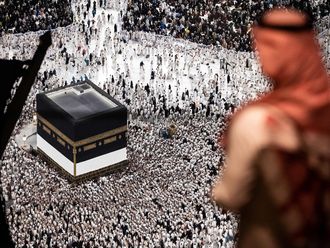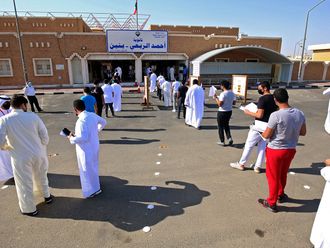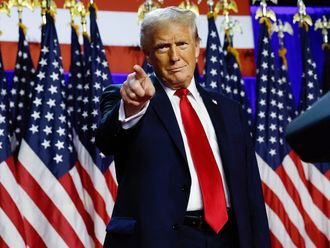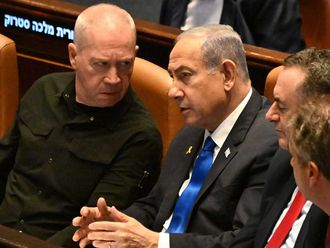Kuwait City: Kuwait bans political parties but its political system is generally acknowledged as the most democratic in the Gulf region thanks to its elected parliament which has legislative powers. Still, the emir has the final say in state matters and selects the prime minister who forms a cabinet. Top portfolios are traditionally held by ruling family members.
The December election was the fifth in the state in six years. In an election in February, tribal candidates performed strongly and joined with mainly Islamist MPs to form a majority opposition bloc which put pressure on the government.
Under that voting system, citizens could select four candidates using four votes of equal weight, which meant candidates could call on supporters to cast their additional ballots for allies in the 50-seat legislature. Under the new system, Kuwaitis get one vote only.
The candidate who won the most votes in February was Musallam Al Barrak, a tribal politician who was later arrested for remarks at a rally deemed to undermine the emir’s status.
Saleh Al Saeedi, a political science researcher who has carried out a study on Kuwaiti families based on voter registration data, estimated that people from tribal backgrounds form slightly more than half of the electorate.
He said candidates from tribal areas were particularly successful under the old system thanks to their social ties.
“They have links, they organise between the groups. In this fight the city people are just not as well organised,” he said.
Critics say some of the tribal MPs used the last parliament to settle scores rather than concentrating on legislation needed to develop the Kuwaiti economy.
Pro-government MPs also say their tribal counterparts, who are Sunnis, can be hostile towards minorities, like the Shiite population, and are not supportive of womens’ rights.
Majority rule
The move by Shaikh Sabah, whose family has ruled for 250 years, to change the voting system brought tens of thousands of Kuwaitis of all stripes out to the street in Kuwait City on the eve of the vote, including urban citizens.
The government said the aim was to bring the system in line with those of democracies elsewhere and in a speech on November 21 the emir urged Kuwaitis to vote, not protest, to seek change.
“We have the great challenges of fighting corruption and (the) reform of state bodies, (the) educational system, public services, health, water, transport, roads, housing and job creation,” he said, touching on themes tribal and other candidates have campaigned on in the past.












